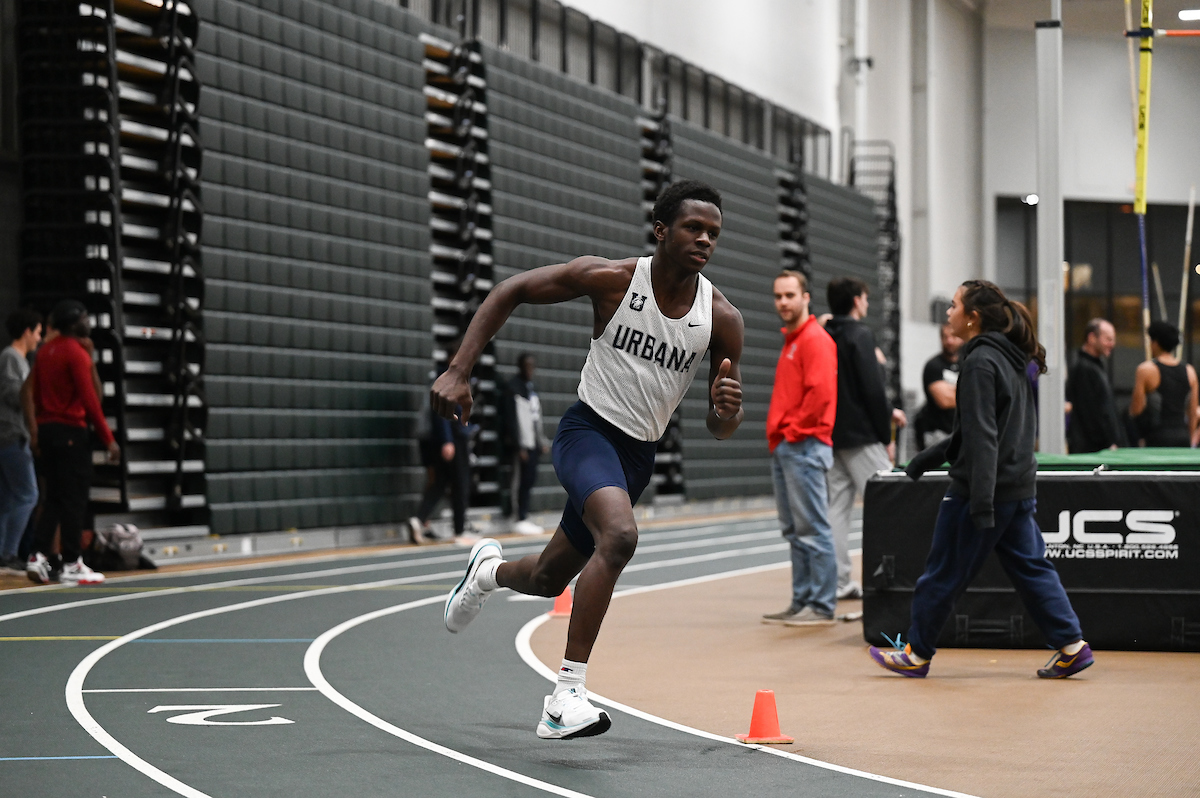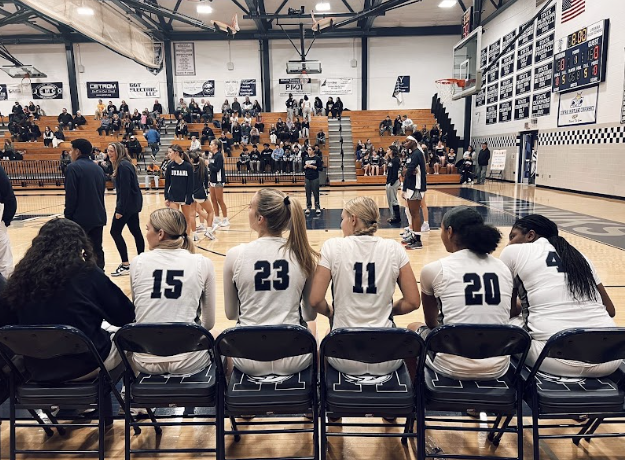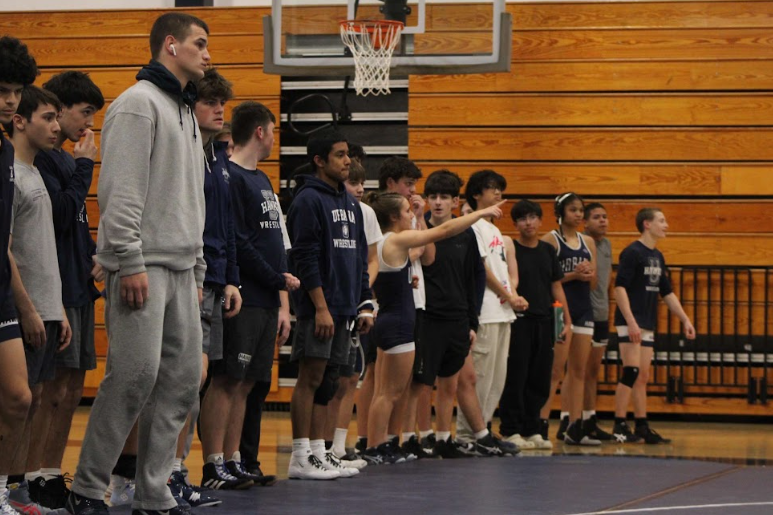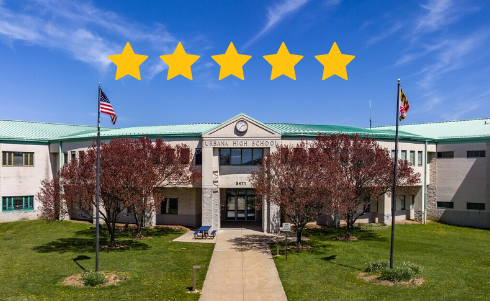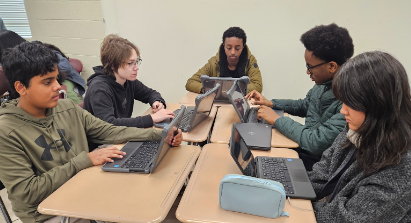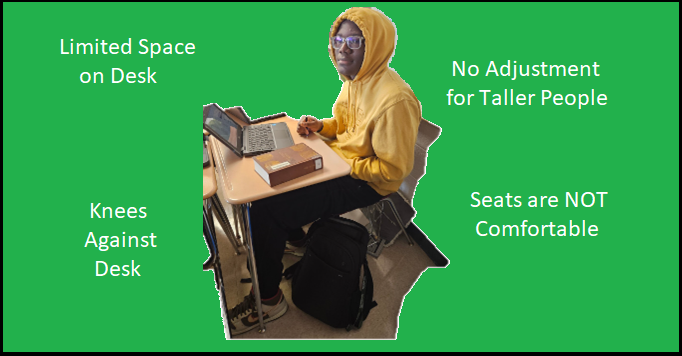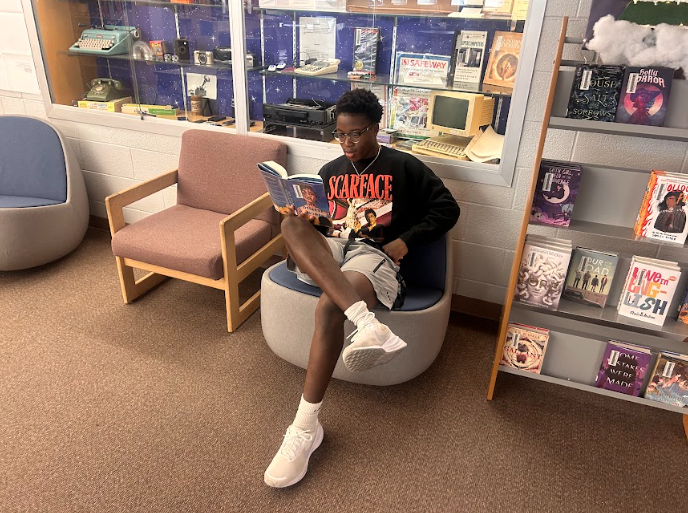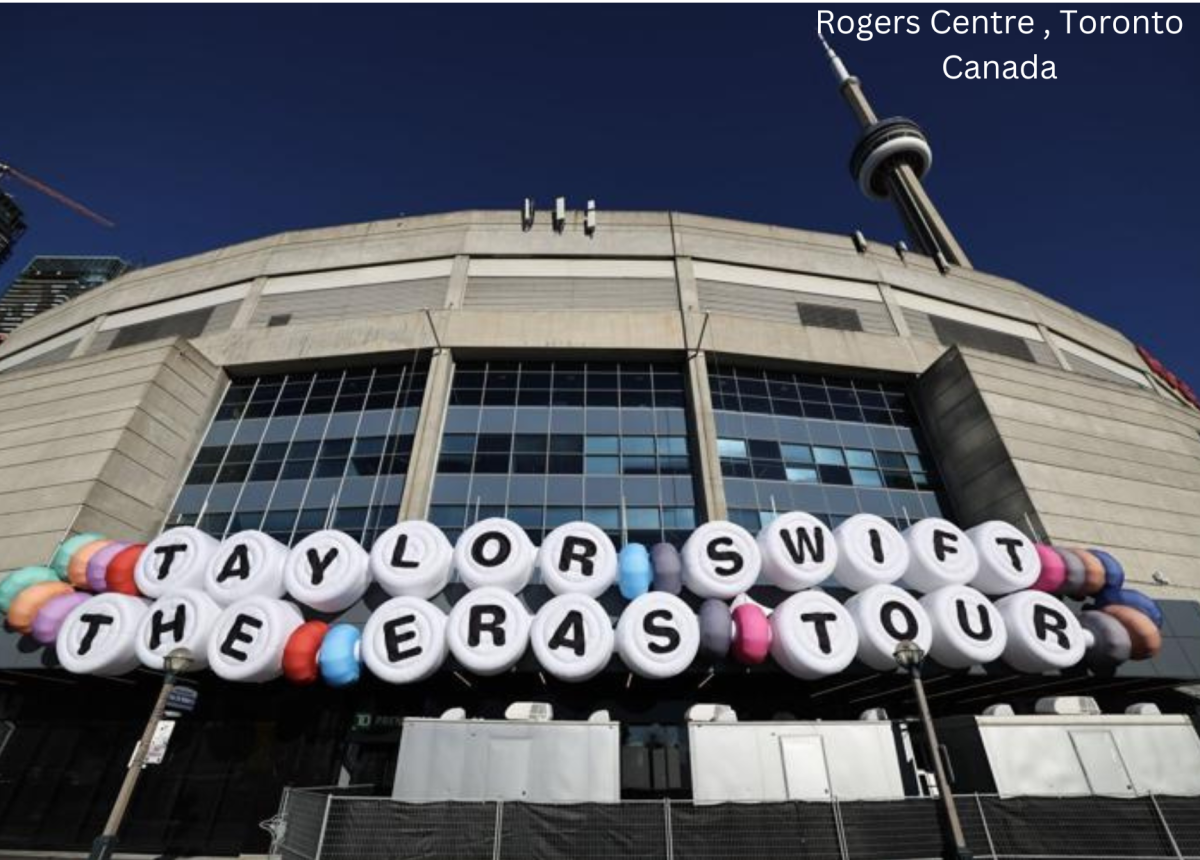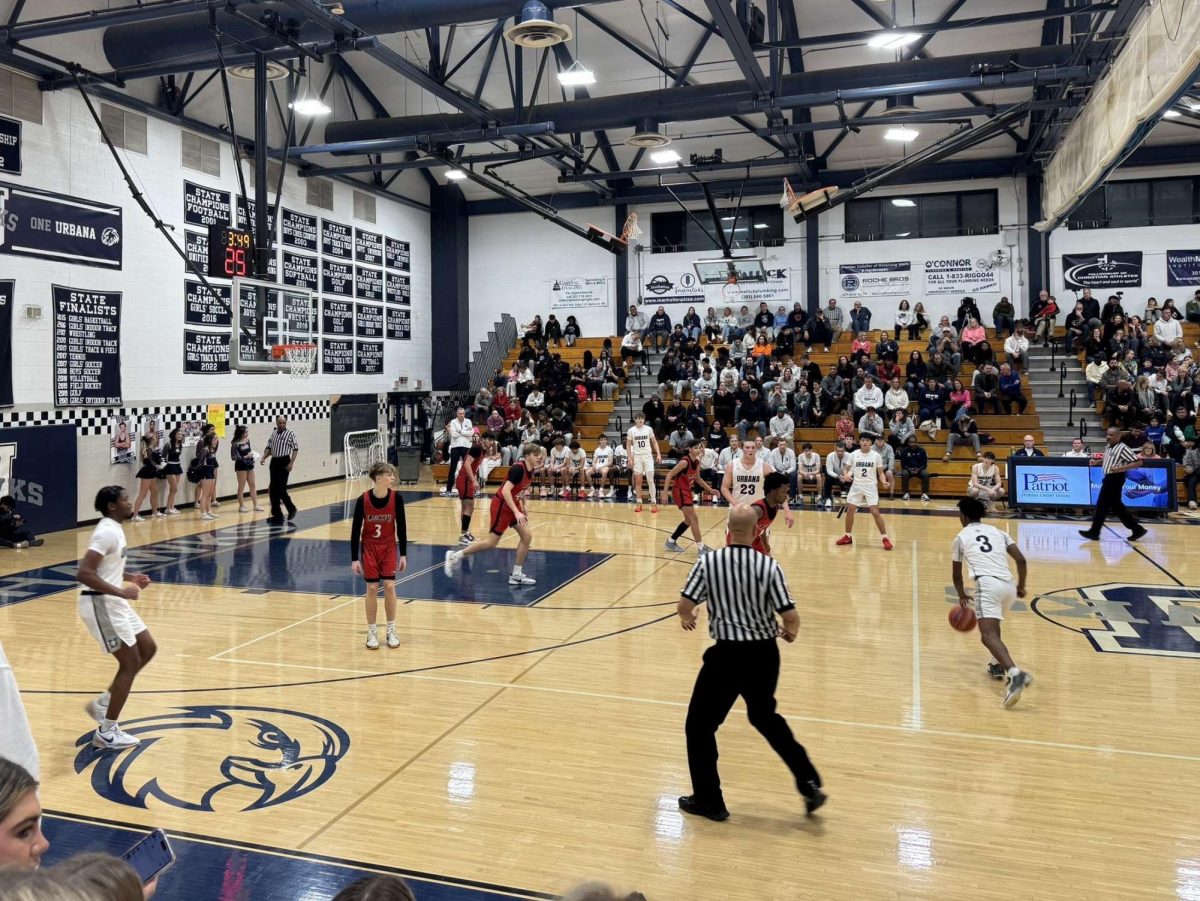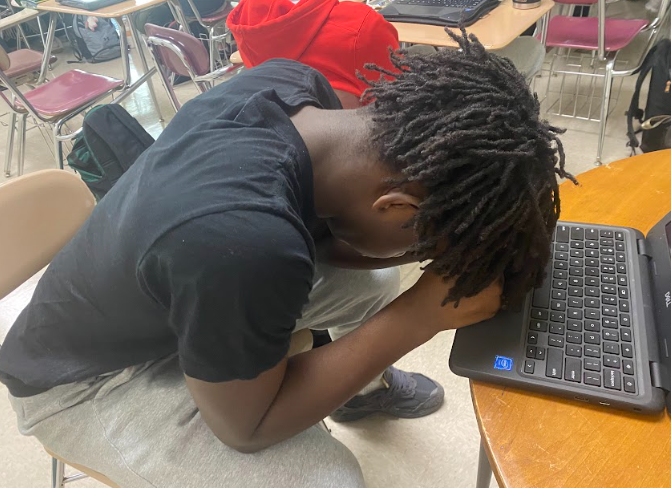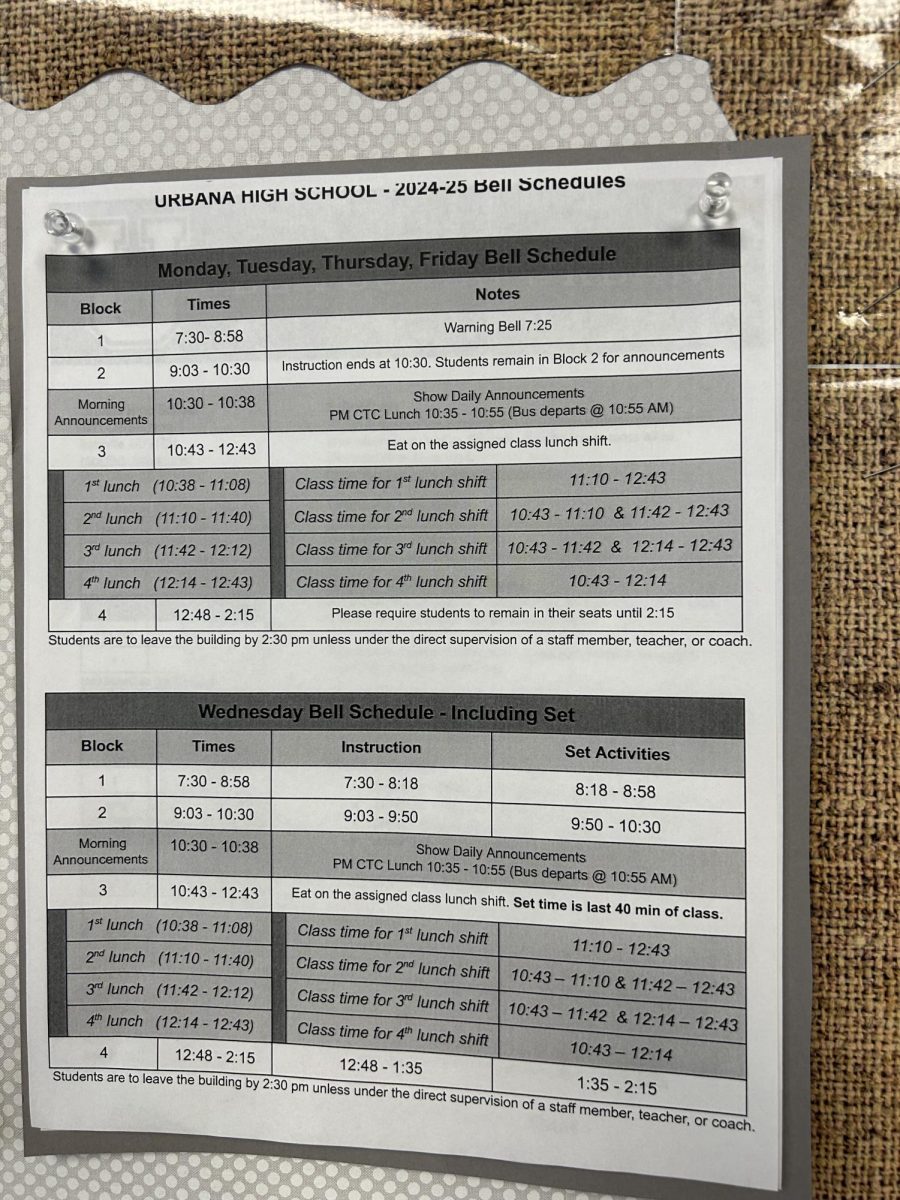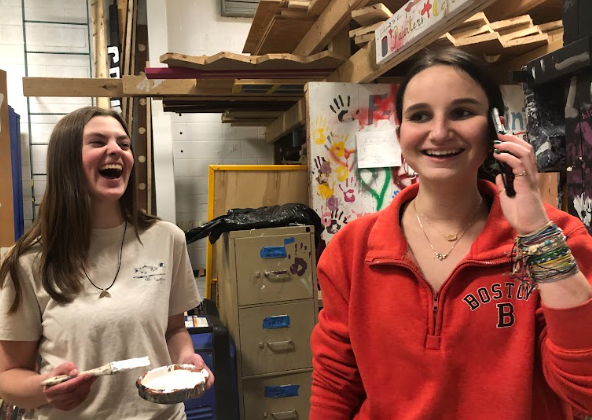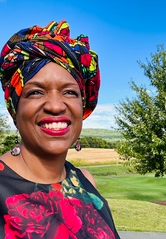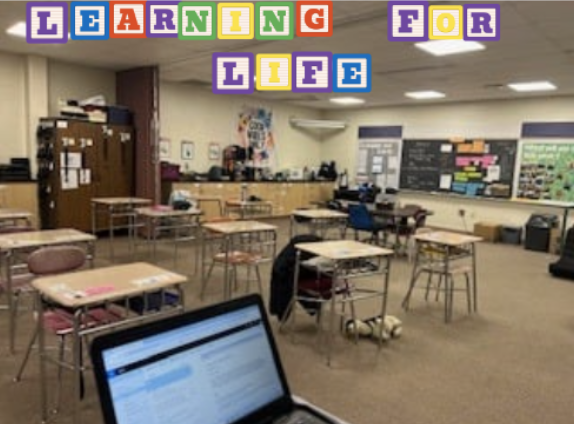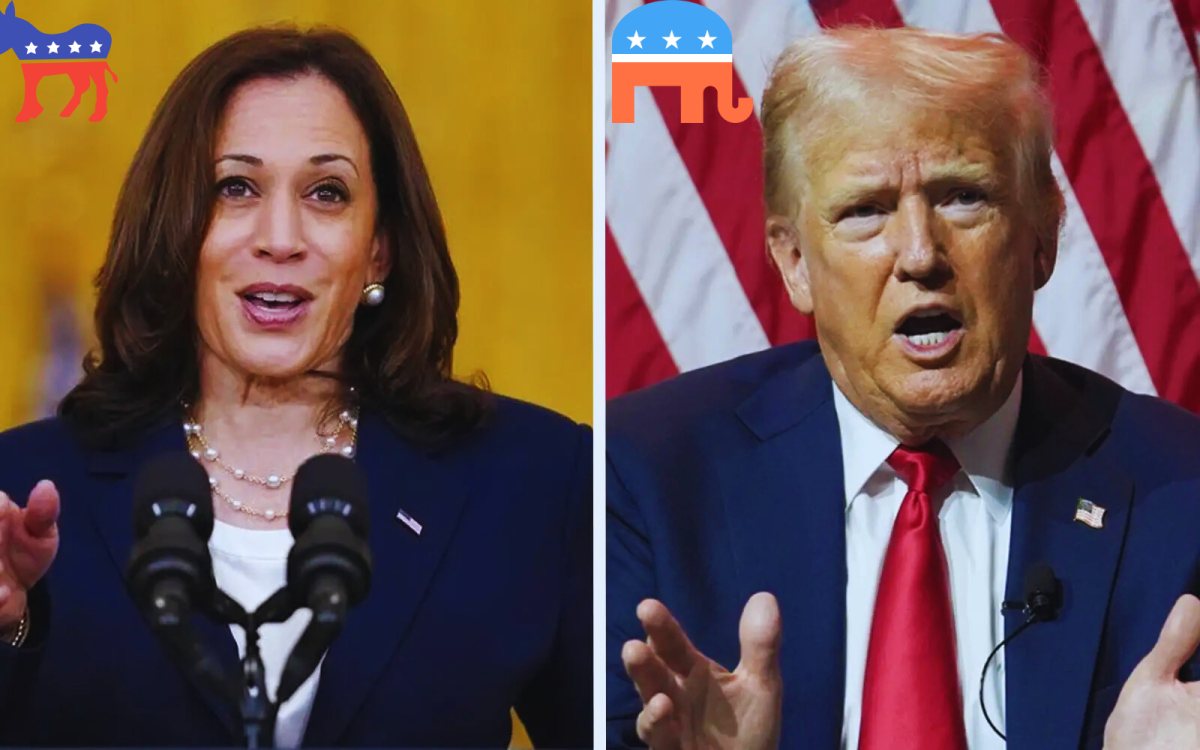The debate over whether to lower the voting age from 18 to 17 (or even as young as 16) has always been a huge talking point.
There are varying opinions on both sides, as many people argue that young teens lack the maturity to make informed and educated voting decisions. Conversely, others believe that allowing younger people to vote could boost civic engagement. It would also give the youth a voice to issues that matter to them.
Frank Odame, a parent from Urbana, is a proponent of keeping the voting age at 18. He argues that maturity and life experience are crucial for making informed choices at the ballot box.
“You haven’t lived life until you turn 18,” he said, emphasizing the importance of age in shaping ones perspectives. He is concerned that younger voters might not fully understand the implications of their choices, which could lead to uneducated decisions.
On the flip side, students like Aidan Himes and Jack Elliott express a great desire for the voting age to be lowered. Himes feels that turning 18 and gaining the right to vote has made him feel empowered. “I really feel that I have an impact on the results of the election,” he stated.

Both Himes and Elliott believe that lowering the voting age could increase political engagement among younger teens.
Himes suggested that younger voters may be more passionate on issues such as school policies and college affordability.
Elliott pointed out the struggles youth face. “Things such as depression, juggling a difficult schedule, getting enough sleep, and drug abuse are all things that I believe young people face every day.” He believes that these will all be topics candidates would choose to talk about more if the voting age was decreased.
Social media also plays a significant role in shaping the political perspectives of younger generations.
Odame noted how his kids are often glued to their phones, and he believes social media heavily influences their views.
Himes agreed, acknowledging that while some teens are well-informed, many are not. “It all depends on the person,” he said, showing the differing levels of maturity and knowledge among young people.
The impact that lowering the voting age would have on voter turnout is another topic of discussion. Odame believes that if the voting age is reduced, the turnout would likely turn towards more democratic policies, as younger voters tend to lean left.
Himes echoed this statement suggesting that candidates would have to adapt their campaigns to appeal to a younger demographic, “They would have to add or even remove policies in order to cater to their younger voter demographic.”
On the issue of education about voting, both students agree that schools should take an active role in preparing young people for civic responsibility. Elliot emphasized the need for schools to inform students about the power of their vote, especially if the voting age was lowered.
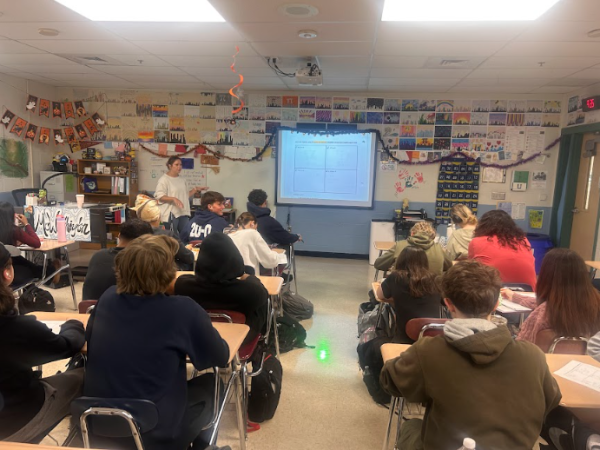
Himes noted that providing unbiased information could help students make informed decisions when they eventually vote.
The debate over lowering the voting age reveals differing perspectives. Parents such as Odame, tend to argue for maintaining the current age limit, citing maturity and experience as crucial factors. Meanwhile, students like Himes and Elliot advocate for change, with beliefs that younger voters could bring fresh perspectives and increased engagement in the political process.
As society continues to evolve, this discussion will likely remain a relevant and contentious issue.

